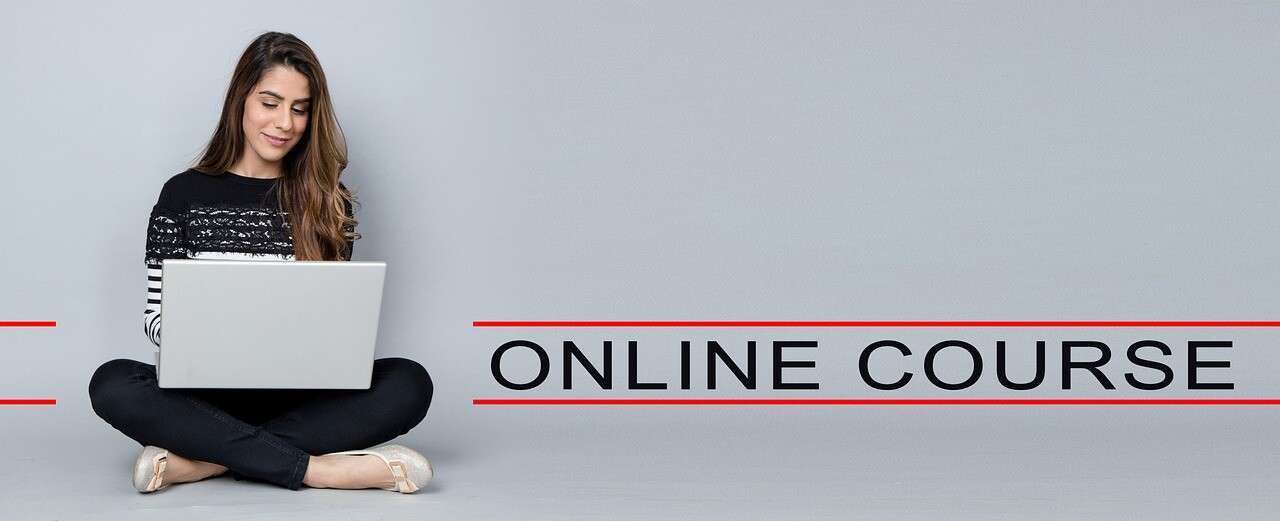
I learned this exercise at a continuing education training a few years back. It's one that I really like for a brief breathing activity to help get re-anchored in the here and now.
Take breaths that are comfortably full and even, there is no reason to try to slow them down - make them a natural and easy length.

For the next few days (ends MARCH 25) anyone can sign up for some free resources.
The Andreas family have been involved for decades in developing and sharing strategies promoting mental health. When I finally (after years of a friend telling me I needed to) did the PTSD training, it changed the way I work.
It is a myth that trauma has to “break”us. It is a myth that you have to relive/talk about traumatic experiences to return to a more peaceful level of functioning.
I encourage everyone to sign up for these free courses right now, and then peruse at your leisure.
I have no affiliation, and get no commission or other benefit from, this resource.
I labeled my blog “worth repeating” because I realized if I’m saying things over and over at work, a wider audience must need this information. I've shared this with a number of my clients but really it's something we all may benefit from.
I appreciate the Andreas’ for sharing their valuable work in response to the crisis in Ukraine.

Joy has been a theme for me this summer. Despite pandemic fatigue. In fact, probably even more so because of pandemic fatigue.
I’ve especially focused my meditation practice on joy, and the course through Insight Timer called Ritualize Your Joy was so rich I had to listen to it twice.
Of note: all the meditations and podcasts I listened to focused on joy being something we access, rather than something that happens.
Other words they used:
awaken
attune to
rekindle
elicit
your joy.
We find our joy by tuning into our senses, practicing gratitude, caring for our nervous systems, and participating in things that involve belonging and meaning. More on these in future blog posts.
We also support joyfulness by separating ourselves from habits, people, or mindsets that confine or harm us.
Not everything that creates joy is instantly blissful. In fact, we often need to delay quick relief (hidden much of the time as pleasure) in service of joy. As my son and I pursue our new running goals, we have to nudge each other on sometimes (a prime reason I asked him to do this with me, I know how easily I can talk myself into “tomorrow-ing” my workouts). I can’t say yet that while running I am feeling any physical delight, but the joy of our after dark neighborhood jogs has become a highlight of late summer.
An exercise I am finally doing today after the summer of pondering joy is to RATE joyful experiences.
I listened to this episode of Oprah's podcast on the way to a gathering at a friend’s beautiful home on a lake. Oprah talked of the small daily pleasures and gave them 1- to 5-star ratings of the joy she can feel when she is present in her enjoyment. The two trips I made for friend lake time took lots of energy and were 5+++ star moments of my summer. My morning coffee can be a 1 if I’m distracted, and a 3 if I sit outside in the early light and set aside everything else for a few moments.
Today I’m going to be on the lookout for my four- and five-star joys. The ones that bring on that “mmmmm.” I can tell you a few recent ones right now: late-night talks and long walks with friends. Running with my son, especially when we high-five after giving the last 30 seconds our all. Sliding onto my massage therapist’s new super satiny sheets. Laying in the dark at a campground looking for meteors (we didn’t see any) with family and friends. Putting that drop of the essential oil blend Joy over my heart in the morning.
A conversation I have often at work is what I see as the misunderstanding of “you have to love yourself first.” We’ve interpreted love to be a feeling that just comes, but I think it is meant in this statement as a behavior. Loving yourself means giving yourself good food, good boundaries, good body movement, and on and on.
So, what will you do today, right this minute, to joy your life?
“Joy is scared; it’s something to be accessed, not pursued.” - Lalah Delia

This is going to be the shortest post ever.
COVID fatigue is REAL. I'm seeing it and feeling it.
Summer is my favorite, and I normally get a boost of energy and feel productive, but this year it's been slow in coming.
This past weekend, I got my first chance in forever to really unplug. Like couldn't get internet signal if I wanted to - we were a ten minute drive from the closest cell phone range, which was then slow and spotty.
I came back feeling...not new, but mentally cleared out. I can see the same piles of stuff waiting for my attention and not sink into apathy.
I have lots I've wanted to write about here, and the fatigue had been part of what was keeping me from sitting at my keyboard. I'm a little more hopeful now that I can gather and compose my thoughts.
In the meantime, I can suggest that if the pandemic fatigue is a weight you are carrying, a serious unplug may be just the thing.

“I can’t imagine doing your job as a counselor. How do you listen to people’s problems all day? That must be so stressful!”
If I had a dollar for every time I’ve heard that…
Well, I DON’T listen to people’s problems all day. That WOULD be miserable, for them and for me.
In early sessions I tell people it is “my job is to work myself out of a job.” If therapy is going well, then things get better, and we finish. If they don’t get better…then we have to rethink the approach and maybe even have them go work with someone else.
As I mentioned recently, tt’s actually a cool time to be in mental health right now. We have so many tools and strategies to teach people.
Functional medicine helps people see how nutrition and deficiencies can cause and heal things like depression and anxiety. When someone says they can’t really understand why they feel how they do (because in general life is good) I try to get them to have an evaluation by an integrative medicine practitioner. Because there’s no talk therapy to get their vitamin D or inositol levels up. And since most serotonin (a big feel good neurotransmitter) is made in the gut, intestinal health has to be looked at for chronic conditions.
Polyvagal theory explores how to engage the nervous system in a helpful way. Yoga, music therapy, simple breath work, can give folks a chance to finally feel good in their bodies.
Neurolinguistic programming, which totally changed how I work in my practice, lets me teach clients to “edit” their memories. We have great success stopping memories from popping in uninvited, getting rid of nightmares, and resolving phobias.
There’s even a way to use neurolinguistic programming with aromatherapy, my other love! Oh, and people don’t even have to tell me about what they are working on if they don’t want to.
Honestly the biggest challenge often is figuring out any reasons someone might subconsciously be cautious of change. (Which is normal, it just needs to be brought into awareness so we can work with it.)
Milton Erickson taught his patients and students, “don’t dam the river, channel the river.” The river is headed somewhere important, but we can have some say in how it gets there.
If you've had therapy and didn't find it helpful, or have been worried that it would be years of reliving all the yuck in your life, please know that there are really good targeted treatments now.



